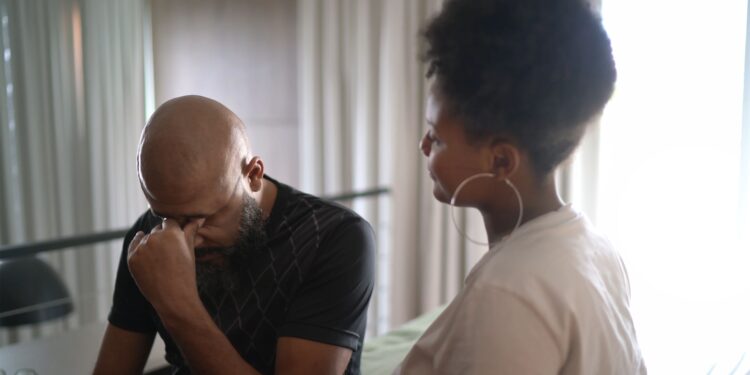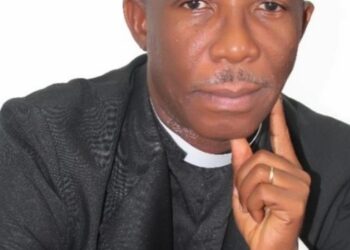Rejection can be defined as the act of pushing someone or something away. One may experience rejection from one’s family of origin, a friend, or a romantic partner, and the resulting emotions can often be painful. Rejection can be experienced on a large scale or in small ways in everyday life.
Speaking on Plan B Fm’s family, relationship, and lifestyle show dubbed NYANSAPO FIE, hosted by Rev. Dr. Michael Asenso on the topic “Rejection” with Madam Kessewaa Nortey also known as Lady Kess, she said, if one can accept rejection in good faith and work on the cause to his or her rejection, it will make the person unique.
“In schools, children who are not neat are sometimes rejected by their teachers for their appearance and sometimes poor academic performance in school or class could also lead to rejection”
Madam Mary Bright also stressed that social rejection increases anger, anxiety, depression, jealousy, and sadness. It reduces performance on difficult intellectual tasks, and can also contribute to aggression and poor impulse control, very low self-esteem can be a major reason why one is rejected always. When you lack confidence, which is required in almost all aspects of life, you are not allowing yourself to grow. You also allow others to pull you down and strip you of your opportunities.
Rev. Emmanuel Anning said, most people experience rejection over things both big and small at least a few times in their lives, such as a friend ignoring a message about hanging out. being turned down for a date. not receiving an invitation to a classmate’s party.
Again, several interpersonal emotions reflect reactions to real, anticipated, remembered, or imagined rejection. Hurt feelings, jealousy, loneliness, shame, guilt, social anxiety, and embarrassment occur when people perceive that their relational value to other people is low or in potential jeopardy.










Discussion about this post